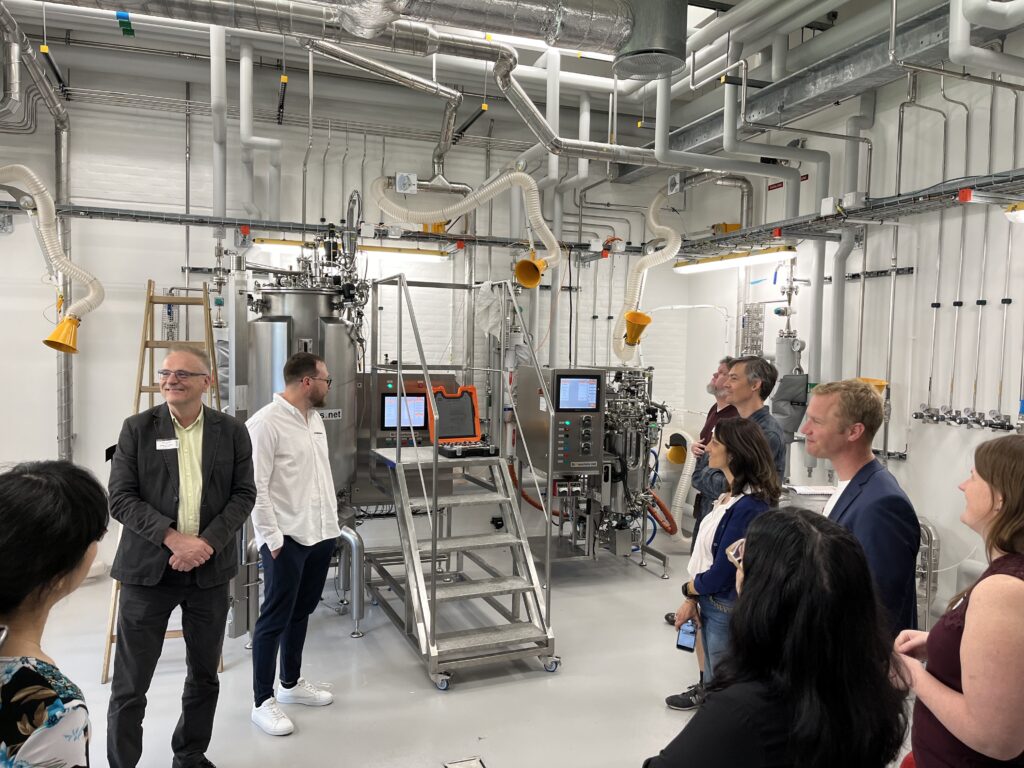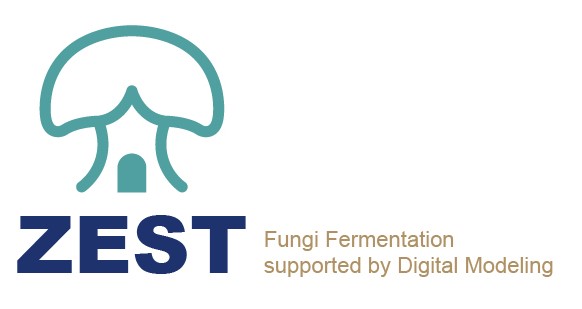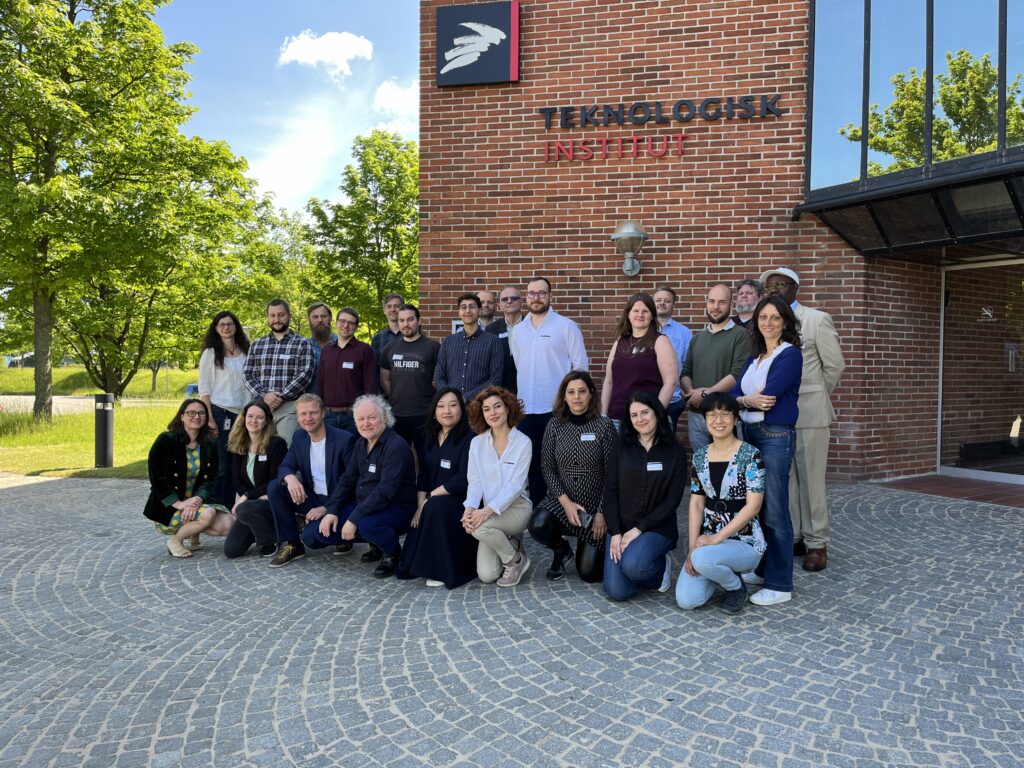ZEST’s kick-off event was recently held at Danish Technological Institute, Taastrup, Denmark.
ZEST, a four-year project with a total budget of almost 7.5 million euros and co-funded by the Circular Bio-Based Europe Joint Undertaking programme (CBE-JU), has kicked off. The need to transition to a more sustainable food system, including the development of new food and feed ingredients relevant for the protein supply chain has been recognised in EU strategy and policy, such as the Farm to Fork Strategy. However, the bio-based upcycling of alternative protein sources to high-value bioproducts is still a cost and resource-intensive process, which is a significant market barrier reducing the competitiveness of biorefineries across Europe.
One of the keys to this transition? Fungi
By fermentation on agricultural sidestreams, fungi could achieve something that have not yet been seen in the food industry: when compared with protein production through traditional meat production, fungi production requires far less water, emits fewer greenhouse gasses, contributes to a circular economy and relieves the end product of any ethical and religious concerns. Besides high content of protein and dietary fibres (polysaccharides), fungi contain other nutraceuticals such as vitamin D and B12.
In the context of ZEST’s innovative approach, that includes the use of AI (Artificial Intelligence), fungi are used to convert agro-industrial sidestream into high-quality protein. This process, known as fungal fermentation, involves the growth of fungi on the substrate, which they metabolize into proteins and other valuable compounds. The result is a sustainable, efficient, and cost-effective method of protein production that also addresses the issue of bioresource management.
The main objective of this new European initiative, which involves five European countries and is led by the Danish Technological Institute, is to develop and demonstrate an innovative fermentation system for producing fungal protein, nutrients, and potentially nutraceuticals and/or non-food by-products.

From agro-indutrial sidestreams to a more sustainable future!
ZEST’s kick-off event was recently held at Danish Technological Institute, Taastrup, Denmark. During the meeting, the representatives of the twelve partners had the opportunity to discuss the scope and structure of the project as well as sharing impressions on the challenges that a transnational project of this scale could bring.
List of partners
- Danish Technological Institute (Denmark).
- Quh-Lab Food Safety (Germany).
- Bioreactors.net (Latvia).
- Vizlore Labs Foundation (Republic of Serbia).
- Sinonin Biotech UG (Germany).
- LEITAT (Spain).
- Corporación Tecnológica de Andalucía (Spain).
- Food & Bio Cluster Denmark / FBCD AS (Denmark).
- Nordzucker (Germany).
- Tate & Lyle (Germany).
- Latvian State Institute of Wood Chemistry (Latvia).
- Sensimate (Denmark).


